SYDNEY, Australia: The Australian Dental Association (ADA) has recently published an article on diversity in Australian dentistry. According to the article, there has been a shift within the profession in recent years and the majority of people are now willing to embrace diversity and inclusiveness in their workplace.
According to the Diversity Council Australia’s Inclusion@Work Index, 75% of Australian workers support their organisation in taking action to create a workplace which is diverse and inclusive. “I don’t know if I would say we’re actually better as a profession, but we are definitely talking about it far more—and that is a critical step,” said Dr Alexander Holden, a senior lecturer and the head of the subject area of professional practice at the University of Sydney School of Dentistry and a Federal Councillor of the ADA. “Part of that shift comes from the figures that women now make up more than half of all dental practitioners in Australia. That marks a significant change in terms of gender diversity, and with that, I think we will also see a change in other areas of diversity.”
According to Holden, there is still considerable work to be done at higher levels. There is a need for more practitioners representing a range of minorities and cultural backgrounds. “When you look at the ratio of women-to-men in leadership roles in dentistry, it is woefully biased towards men,” he said. “But I don’t think we are going to see it like that for much longer. We’re at a stage where all of us need to ask if the environment we are setting up across the profession encourages women to be more involved within dentistry, and also apply that way of thinking to people from a range of backgrounds. Adopting that degree of reflection and awareness will, however, be a challenge for some,” Holden added.
“This is why practitioners’ self-awareness of how they operate within a practice is so crucial,” Holden said. “It is checking if your normal behaviour is compatible with other people’s cultural views, and that is where a lot of my older colleagues get impatient with this ideal, and just put this down to ‘political correctness’.”
He continued by saying that healthcare professionals should make sure that their service was acceptable and be aware that the diversity of society was changing constantly. “It is about being thoughtful about who you are working alongside and who you are looking after, and that your behaviour is in order,” Holden concluded.
Australia is one of the most culturally diverse nations in the world. According to the Australian Human Rights Commission, one in four Australians were born overseas. Moreover, an estimated 84% of Australians believe that multiculturalism has been beneficial for Australia. Greater diversity in the healthcare workforce may advance cultural competency, improve access to high-quality healthcare, strengthen the medical research agenda, and ensure optimal management of the healthcare system, according to a report published in the US journal Health Affairs.
The report argues that most healthcare professionals will, at some point, have to treat patients from different backgrounds. To do so effectively, practitioners must show an understanding of how and why different belief systems, ethnic origins, family structures and other factors influence the way people experience illness, adhere to medical advice and respond to treatment.
Tags:
LONDON, UK: Seeking to show the commitment of the dental profession to fight discrimination and bias in dentistry, the Diversity in Dentistry Action Group ...
NEW YORK, US: The Oral Health Workforce Research Center (OHWRC) is responsible for providing research on the oral health workforce in the US and assisting ...
Dentistry is evolving faster than ever. From digitalisation to changing economic realities, global market changes are redefining how clinicians work and how...
BRISBANE, Australia: Artificial intelligence (AI) is emerging as a transformative force in Australian dentistry, and a new national review has mapped how ...
WASHINGTON, US: Covering everything, including composite fillings and disposable suction tips, plastics are woven into all aspects of modern dental care. ...
In today’s interconnected world, networking is crucial for personal and professional success because building strong relationships, fostering meaningful ...
SYDNEY, Australia: For much of 2020 and 2021, Australia and New Zealand fared remarkably well in containing the spread of SARS-CoV-2—a function of factors...
As digitalisation increases and artificial intelligence (AI) introduces new possibilities, workflows, diagnosis and treatment processes are becoming more ...
In medicine, it is widely accepted that medical implants and treatments require revision over time. In orthopaedic surgery, for example, joint replacements ...
NEW YORK, US: Oral diseases and depression are both projected to rise in prevalence over the coming decades, and recent findings suggest the two may be ...
Live webinar
Tue. 3 March 2026
8:00 pm EST (New York)
Dr. Vasiliki Maseli DDS, MS, EdM
Live webinar
Wed. 4 March 2026
12:00 pm EST (New York)
Munther Sulieman LDS RCS (Eng) BDS (Lond) MSc PhD
Live webinar
Wed. 4 March 2026
1:00 pm EST (New York)
Live webinar
Wed. 4 March 2026
8:30 pm EST (New York)
Lancette VanGuilder BS, RDH, PHEDH, CEAS, FADHA
Live webinar
Fri. 6 March 2026
3:00 am EST (New York)
Live webinar
Tue. 10 March 2026
4:00 am EST (New York)
Assoc. Prof. Aaron Davis, Prof. Sarah Baker
Live webinar
Tue. 10 March 2026
8:00 pm EST (New York)
Dr. Vasiliki Maseli DDS, MS, EdM



 Austria / Österreich
Austria / Österreich
 Bosnia and Herzegovina / Босна и Херцеговина
Bosnia and Herzegovina / Босна и Херцеговина
 Bulgaria / България
Bulgaria / България
 Croatia / Hrvatska
Croatia / Hrvatska
 Czech Republic & Slovakia / Česká republika & Slovensko
Czech Republic & Slovakia / Česká republika & Slovensko
 France / France
France / France
 Germany / Deutschland
Germany / Deutschland
 Greece / ΕΛΛΑΔΑ
Greece / ΕΛΛΑΔΑ
 Hungary / Hungary
Hungary / Hungary
 Italy / Italia
Italy / Italia
 Netherlands / Nederland
Netherlands / Nederland
 Nordic / Nordic
Nordic / Nordic
 Poland / Polska
Poland / Polska
 Portugal / Portugal
Portugal / Portugal
 Romania & Moldova / România & Moldova
Romania & Moldova / România & Moldova
 Slovenia / Slovenija
Slovenia / Slovenija
 Serbia & Montenegro / Србија и Црна Гора
Serbia & Montenegro / Србија и Црна Гора
 Spain / España
Spain / España
 Switzerland / Schweiz
Switzerland / Schweiz
 Turkey / Türkiye
Turkey / Türkiye
 UK & Ireland / UK & Ireland
UK & Ireland / UK & Ireland
 Brazil / Brasil
Brazil / Brasil
 Canada / Canada
Canada / Canada
 Latin America / Latinoamérica
Latin America / Latinoamérica
 USA / USA
USA / USA
 China / 中国
China / 中国
 India / भारत गणराज्य
India / भारत गणराज्य
 Pakistan / Pākistān
Pakistan / Pākistān
 Vietnam / Việt Nam
Vietnam / Việt Nam
 ASEAN / ASEAN
ASEAN / ASEAN
 Israel / מְדִינַת יִשְׂרָאֵל
Israel / מְדִינַת יִשְׂרָאֵל
 Algeria, Morocco & Tunisia / الجزائر والمغرب وتونس
Algeria, Morocco & Tunisia / الجزائر والمغرب وتونس
 Middle East / Middle East
Middle East / Middle East
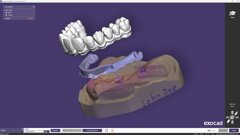


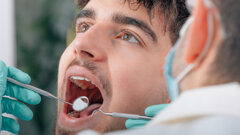
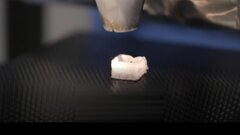






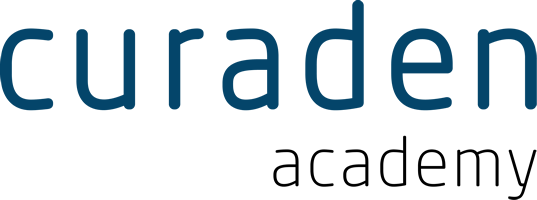













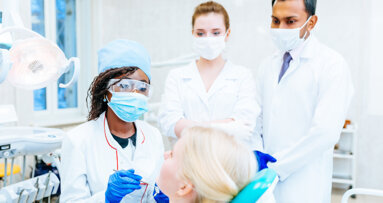
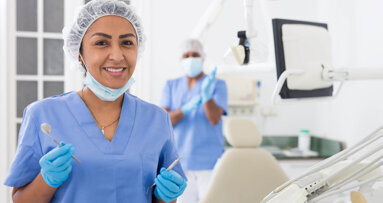

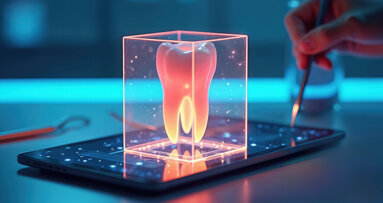



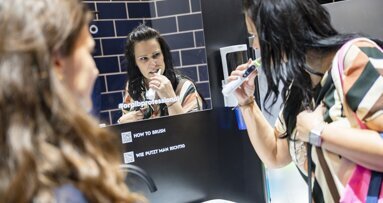










To post a reply please login or register